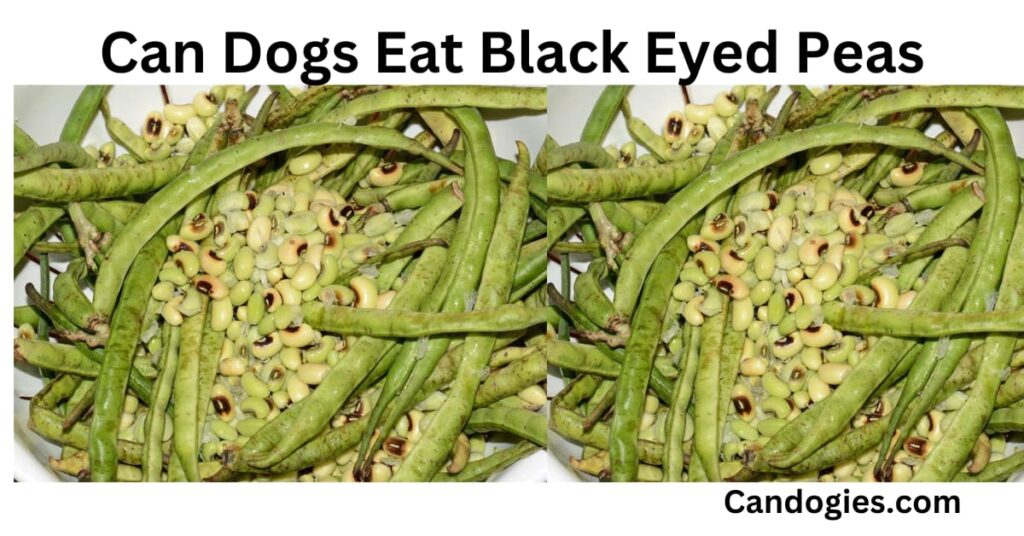Can Dogs Eat Kimchi Rice: Risks, Benefits, Safe Feeding Practices
Introducing kimchi into a dog’s diet is an issue that requires careful deliberation. Kimchi is a regular Korean dish made from fermented vegetables, firstly cabbage and radishes, along with a mixture of seasonings. Curious about feeding? Can dogs eat kimchi rice? Learn whether it’s safe, potential risks, and best practices for including it in your dog’s diet.
Kimchi can offer some health benefits to humans due to its probiotic content and nutrients. It’s important to note that dogs have different dietary requirements and sensitivities. In this response, we will explore whether dogs can eat kimchi, the potential benefits and risks associated with feeding kimchi to dogs, and provide some safer alternatives for incorporating probiotics into your dog’s diet.
Can Dogs Eat Kimchi Rice?
Feeding dogs kimchi rice is generally not recommended. Kimchi is a highly spiced and fermented dish that can be too harsh on a dog’s digestive system. The spices and seasonings in kimchi, including garlic and onions, can be toxic to dogs and may cause gastrointestinal upset or more severe health issues.
Additionally, the high salt content in kimchi can harm dogs, leading to sodium ion poisoning. It’s safer to avoid sharing kimchi rice with your canine partner and opt for dog-friendly treats and snacks to ensure their well-being.
Is Kimchi Beneficial and Risks for Your Dog’s Health?
Here’s a table summarizing the potential benefits and risks of feeding kimchi to your dog:
| Aspect | Benefits | Risks |
| Nutrient Content | Low in calories, high in vitamins and fiber | High sodium content can be harmful |
| Probiotics | Contains beneficial probiotics | Spices and garlic can be toxic to dogs |
| Digestive Health | May support gut health | May cause gastrointestinal upset |
| Flavor | Dogs may find it palatable | It may cause gastrointestinal upset |
| Dietary Needs | Not a complete dog food source | Doesn’t provide balanced nutrition |
| Moderation Required | Should be given in small kratom, infrequent amounts | Overconsumption can lead to health issues |
It’s important to emphasize that the risks associated with feeding kimchi to dogs generally outweigh the potential benefits, and it’s best to avoid it or offer it very sparingly. Always ask your veterinarian for advice on your dog’s specific health needs and any concerns about their health.
Is Kimchi Safe for Dogs to Eat?
Kimchi is generally not safe for dogs to eat. It contains ingredients like garlic and onions that are toxic to dogs and can lead to serious health issues. Additionally, the high sodium content in kimchi can be harmful and may lead to sodium ion poisoning.
While some probiotics in kimchi can be beneficial for gut health, there are safer ways to incorporate probiotics into your dog’s diet through veterinarian-approved supplements or specially formulated dog food. It’s best to avoid nourishing kimchi to your dog and opt for dog-friendly treats and snacks for preference.

How can I Feed Kimchi to my Dog?
Giving kimchi to your dog is normally not suggested due to the potential health risks associated with its factor. However, if you still wish to try a minimal amount of kimchi, consider these precautions:
- Offer a very tiny portion as an occasional treat.
- Ensure it’s plain kimchi without any spices, garlic, or onions.
- Watch for any adverse reactions like upset stomach or allergic responses.
- If your dog observes any negative indication, discontinue immediately.
- Ask your veterinarian for a safer substitute to promote your dog’s health and well-being.
Does Kimchi Help with Weight Loss?
Kimchi may potentially aid in weight loss due to its low-calorie content and high fiber, which can promote a feeling of fullness. Additionally, its probiotic content might have a positive impact on gut health, potentially influencing weight management. However, kimchi alone is unlikely to produce significant weight loss results.
A stabilized diet, portion control, and regular exercise are crucial for effective and sustainable weight loss. Incorporating kimchi into a healthy, calorie-controlled diet may complement your weight-loss efforts but should not be solely relied upon as a weight-loss mixture.

Can Dogs Eat Kimchi Fish?
Feeding dogs kimchi fish is not recommended. Just like with regular kimchi, the spices and seasonings in kimchi fish can be harsh on a dog’s digestive system and may cause gastrointestinal upset.
Moreover, fish often contain bones that can pose a choking hazard or lead to intestinal blockages in dogs. Additionally, certain fish preparations may contain added ingredients like garlic or onions, which are toxic to dogs. It’s safer to stick to dog-appropriate foods and treats to ensure your pet’s well-being.

Conclusion: Can Dogs Eat Kimchi Rice: Risks, Benefits, and Safe Feeding Practices
It’s generally not advisable to feed kimchi to dogs. While kimchi contains beneficial probiotics and nutrients, its potential risks, including toxicity from ingredients like garlic and onions and its high sodium content, outweigh the benefits for dogs.
Feeding kimchi can lead to digestive issues, sodium ion poisoning, and other health problems. It’s safer and wiser to opt for dog-specific treats and foods that cater to their dietary needs. Always consult with your veterinarian for guidance on what’s best for your dog’s health and well-being.
FAQ’s
You can enjoy kimchi with various dishes, including rice, noodles, sandwiches, tacos, or salads for added flavour and spice. Be creative and use it as a versatile condiment!
Kimchi is a probiotic food because it undergoes a fermentation process primarily driven by lactic acid bacteria. This results in the growth of beneficial probiotic microorganisms that promote gut health when consumed. These probiotics can enhance digestion and boost the immune system.
I need the ability to provide or produce physical items like kimchi. However, traditional kimchi is a staple in Korean cuisine, and its authenticity depends on the recipe and ingredients used by the person or manufacturer.
Store kimchi in an airtight container in the refrigerator to slow down the fermentation process. It can typically be kept for several weeks to months, and its flavor will continue to develop.







